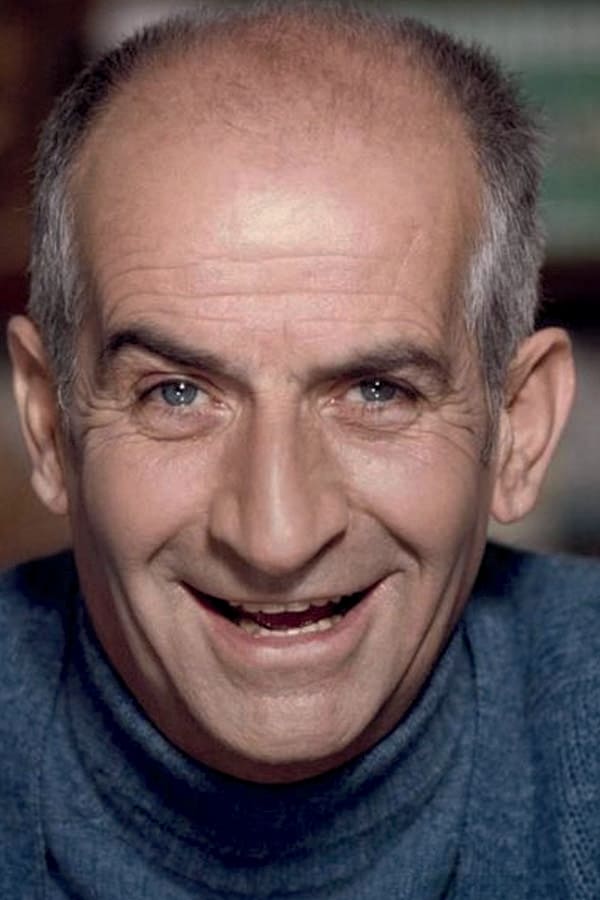
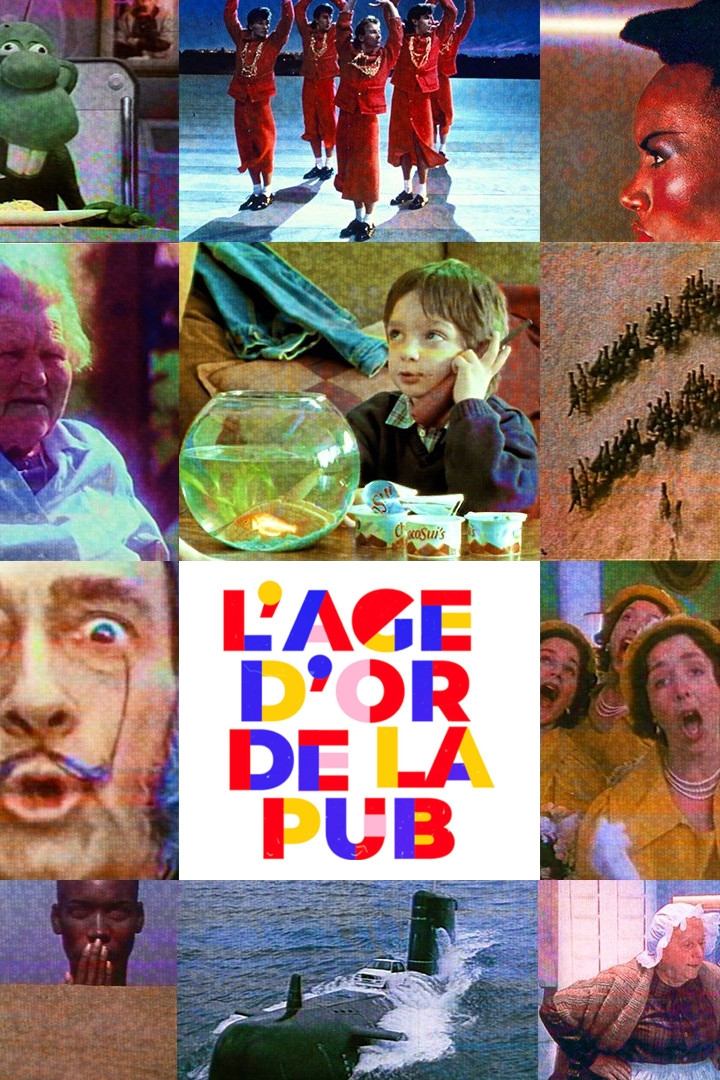
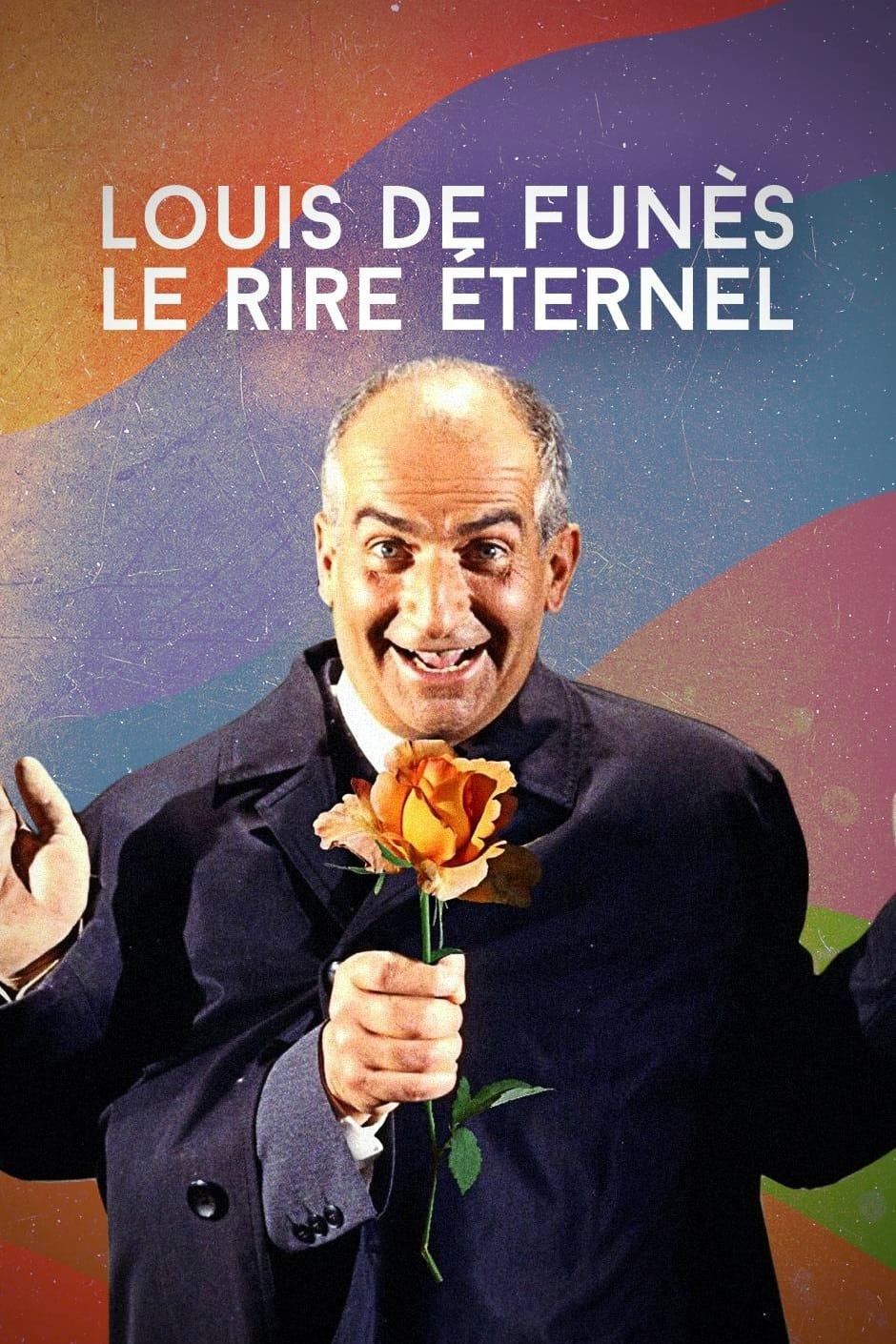
On the occasion of the fortieth anniversary of the death of Louis de Funès, this documentary by Jacques Pessis pays tribute to the cult actor by retracing his career through excerpts of his greatest successes in the cinema and in the music hall, never-before-seen archives, as well as testimonies from personalities and relatives.
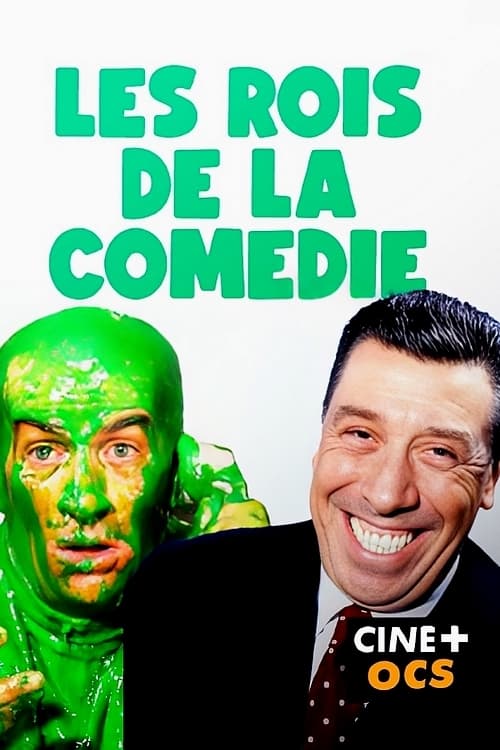
At the end of the 1950s, four humor specialists simultaneously experienced recognition. Fernandel with “The Cow and the Prisoner”, Bourvil with “The Hunchback”, Jacques Tati with “My Uncle” and Louis de Funès with “Oscar” at the theater. On the big screen or on stage, each of these artists has a unique style of humor. They are the kings of French comedy. But how did they manage to become true box office champions? How did they experience their immense popularity? How do they still influence the comedy genre? And above all, are- are they funny in life? Where is the line between their character in the cinema and their real personality?
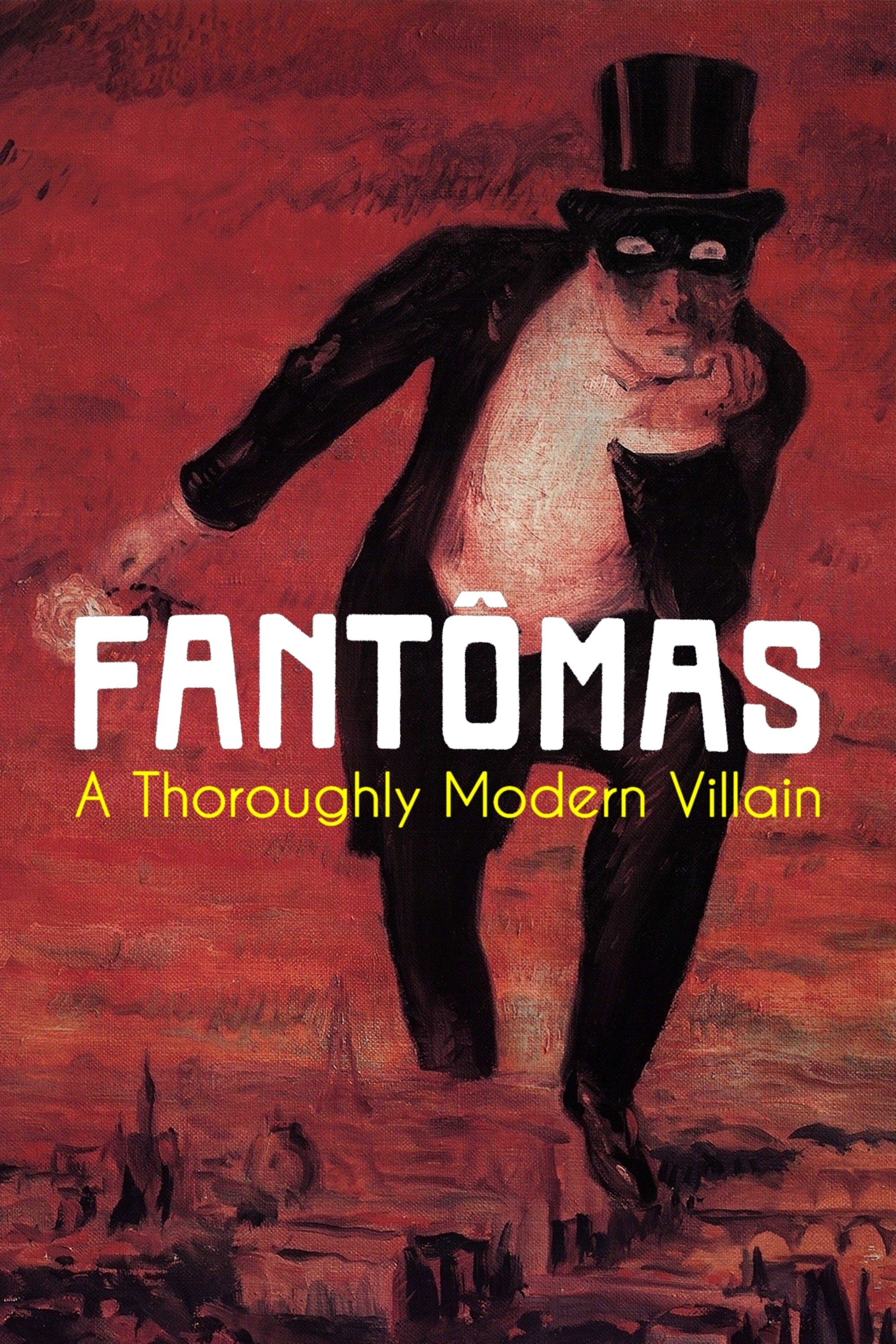
The story of Fantômas, the first villain of modernity, from his birth in 1911 as a novel character to his contemporary vicissitudes, passing through Louis Feuillade, André Hunebelle, surrealism and Moscow.

In May 1974, Valéry Giscard d'Estaing became President of the Republic and wanted to bring about a new era of modernity. One of his first decisions was to break up the ORTF with the creation of three new television channels: TF1, Antenne 2 and FR3. Three new public channels but autonomous and competing. It is a race for the audience which is engaged then, and from now on the channels will make the war! This competition will give birth to a real golden age for television programs, with variety shows in the forefront. The stars of the song are going to invade the living rooms of the French for their biggest pleasure. This unedited documentary tells the story of the metamorphosis of this television of the early 1970s, between freedom of tone, scandals, political intrigues and programs that have become mythical.

The comic art of Louis de Funès (1914-1983), like that of Totò and a few others, ultimately transcends the limits of the films in which he appeared, thanks to the dynamic expressivity of his persona. Drawing on contributions from critics, scholars and the actor’s colleagues, this documentary deciphers the keys to the de Funès phenomenon, intelligently analysing the peculiar characters of his facial and corporeal mimicry, the plasticity of his gestures, and the doubling of character and creator (in the sense that, once he became successful, ‘Fufu’ effectively became the author of the majority of his films, often limiting the director’s role).
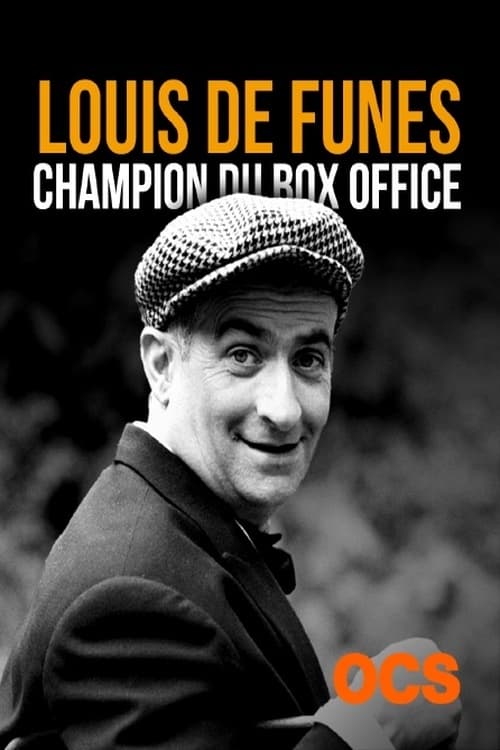
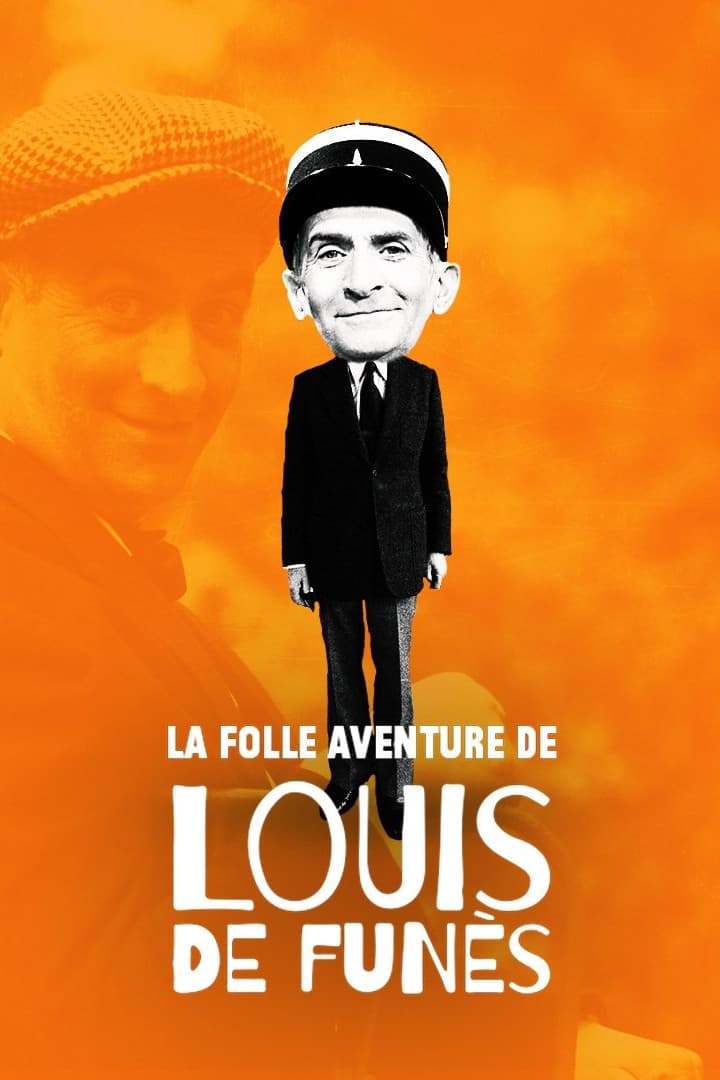
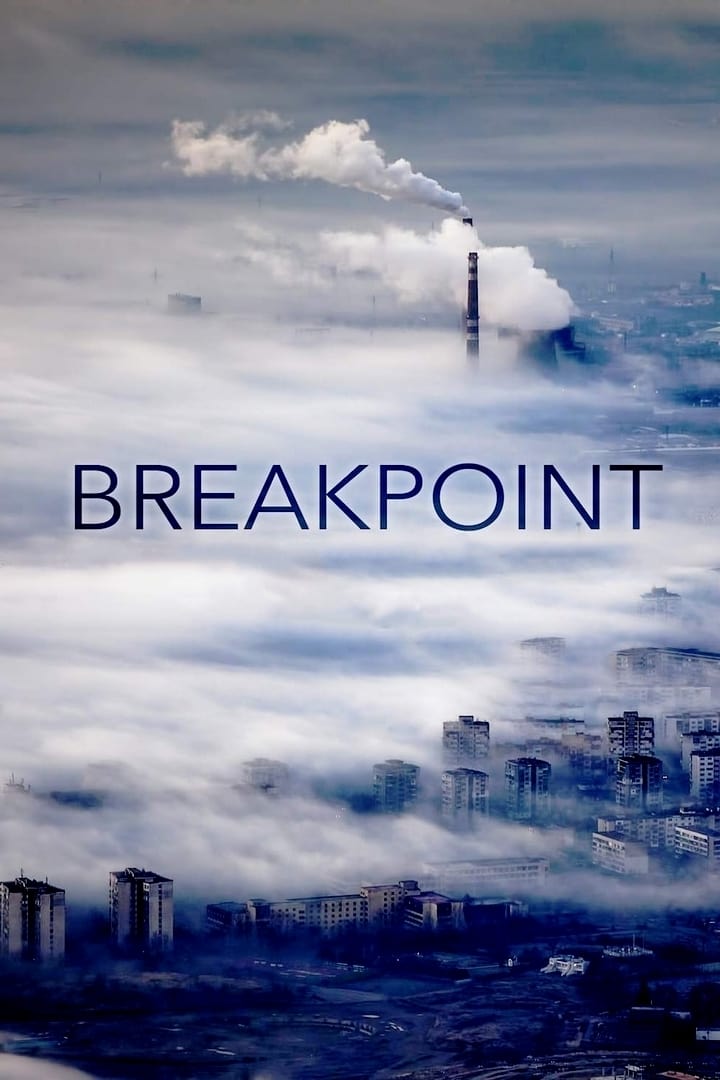
An account of the last two centuries of the Anthropocene, the Age of Man. How human beings have progressed so much in such a short time through war and the selfish interests of a few, belligerent politicians and captains of industry, damaging the welfare of the majority of mankind, impoverishing the weakest, greedily devouring the limited resources of the Earth.

Charles de Gaulle, the first president (1958-1969) of the Vth Republic, France’s current system of government, left his mark on the country . He was statesman of action and has been compared to a monarch. This film depicts the general’s personality through the great events of his presidential term, at a time when the world was undergoing considerable changes.
Louis de Funès, born Louis Germain David de Funès de Galarza, was a popular French actor of Spanish origin and one of the giants of French comedy alongside André Bourvil and Fernandel.
By browsing this website, you accept our cookies policy.